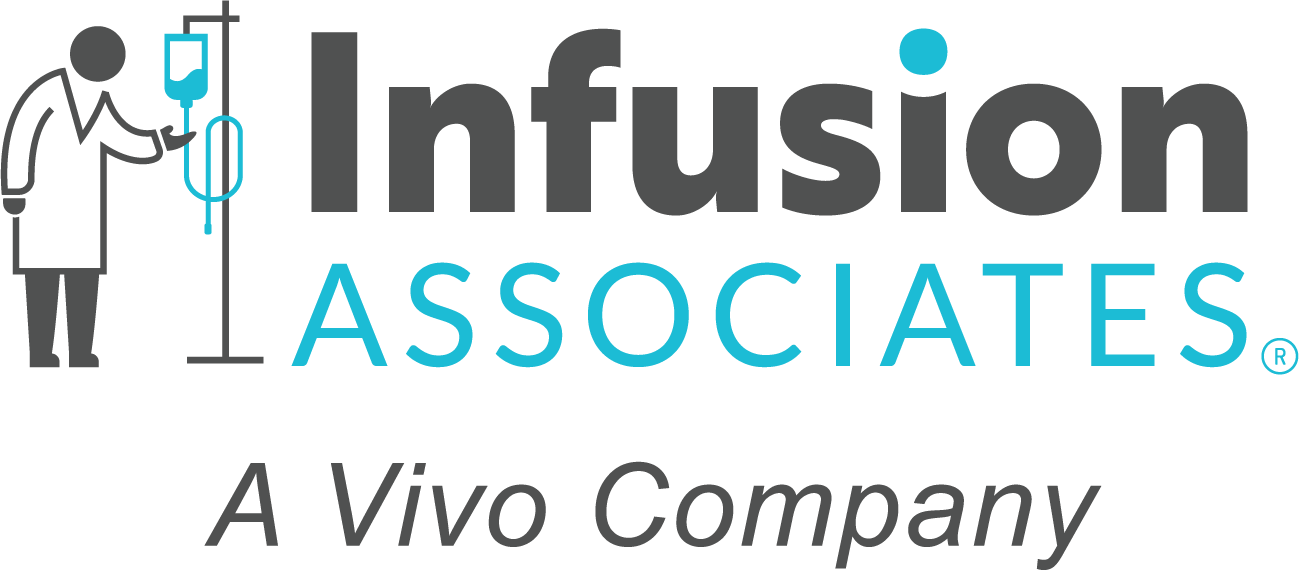Stomach aches can be a nuisance — did you catch a bug, are you cramping, or is it the sign of something else? For about 750,000 Americans, the cause is ulcerative colitis (UC). The condition is debilitating and can lead to life-threatening complications if left untreated. Fortunately, biological treatment is providing relief for those suffering from the disease and looking for alternatives to medications.
What is ulcerative colitis?
Ulcerative colitis is an inflammatory bowel disease (IBD) that causes long-lasting inflammation and ulcers in the digestive tract. It mostly affects the innermost lining of your large intestine, but can also impact your rectum. Symptoms typically develop gradually over time and may include:
- Diarrhea, often with blood or pus
- Abdominal pain and cramping
- Rectal pain
- Rectal bleeding
- Urgency to defecate
- Inability to defecate despite urgency
- Weight loss
- Fatigue
- Fever
- Failure to grow — for children
Treatment Options for Ulcerative Colitis
Your treatment options for UC will depend on the severity of the condition. In most cases, medications can help reduce symptoms and inflammation. The most common medications include:
- 5-aminosalicylic acid (5-ASA)
- Corticosteroids — typically reserved for moderate or severe UC
- Immunomodulator drugs
If your condition is life-threatening, your doctor may suggest surgery to remove the entire colon and rectum. An ileal pouch-anal anastomosis is a procedure that adds a small bag to the end of your small intestine that connects to your anus — making expelling waste relatively normal.
When other medications don’t seem to be working, and surgery isn’t yet an option, biologics can provide a relatively safer and more effective solution. Biologic agents are drugs administered intravenously and can provide relief by reducing inflammation and other symptoms.
What is biological treatment?
Biological treatment administers biologics using an IV. It’s the best option for individuals who have issues taking medications orally or haven’t experienced the desired results from medications. It can also be a less risky alternative for those looking to avoid surgery. Biological therapy treatment targets the parts of the body that are triggering inflammation. The most common biologics for UC are:
How Biological Therapy Treatment Works
The biologic is administered from a drip-pump, and an IV is inserted into your arm. How long your treatment takes depends on the type of medication being administered.
Side Effects of Biological Therapy Treatment
- Fever
- Chills
- Nausea
- Vomiting
- Fatigue
- Loss of appetite
- Muscle aches
- Low blood pressure
- Risk of infection
What to Expect
From the moment you arrive at our facility, our healthcare professionals begin providing quality care. They’ll sit down with you and talk through all the possible side effects, dosages, and information regarding your medication. And, they’ll answer any question you may have about the appointment. Then, a staff member will monitor your treatment and ensure everything is going smoothly.
At Infusion Associates, we strive to make it feel like you’re receiving treatments from home. We eliminated the cold atmosphere of a hospital and replaced it with comfortable reclining chairs and other cozy amenities — including free WiFi, TVs, blankets, beverages, and more. And, private rooms are available upon request.
If you would like to refer a patient to us or want to inquire about the treatments we offer, you can contact us by calling us at (616) 954-0600 or filling out this form.
